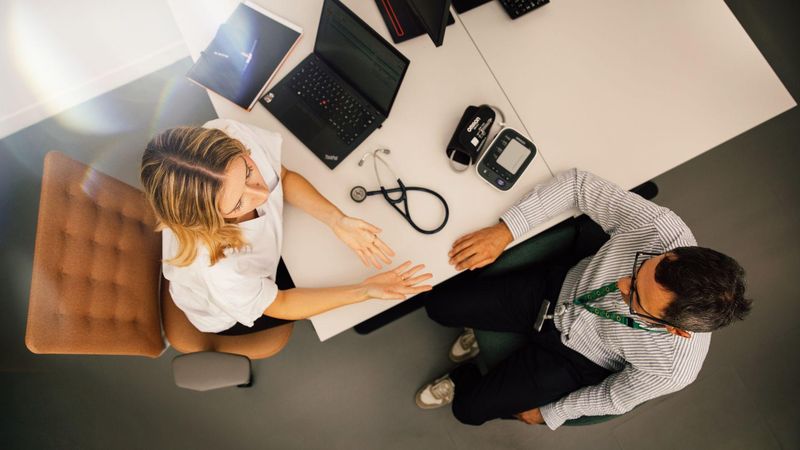A cancer diagnosis carries incredible burden. That’s why we pursue new therapies, expand access to medicines, provide support, and learn from patients every day.
Did You Know?
18.1 million
2nd
21%
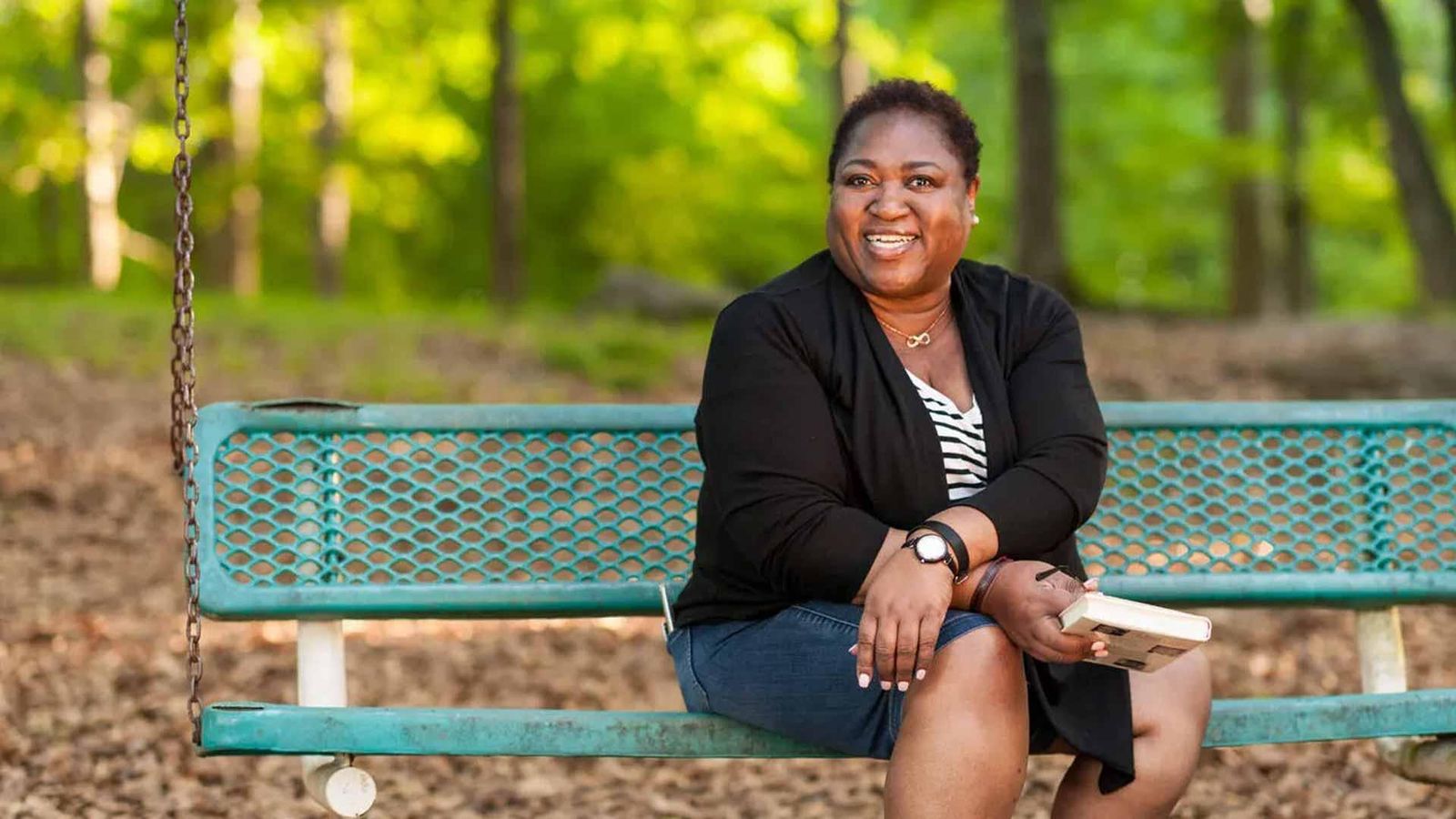
Our Commitment to Oncology
We’re charging ahead, building on our rich legacy in oncology. With a growing pipeline and renewed commitment to advancing transformative therapies, we’re determined to help improve outcomes and the lives of people living with many different types of cancer.
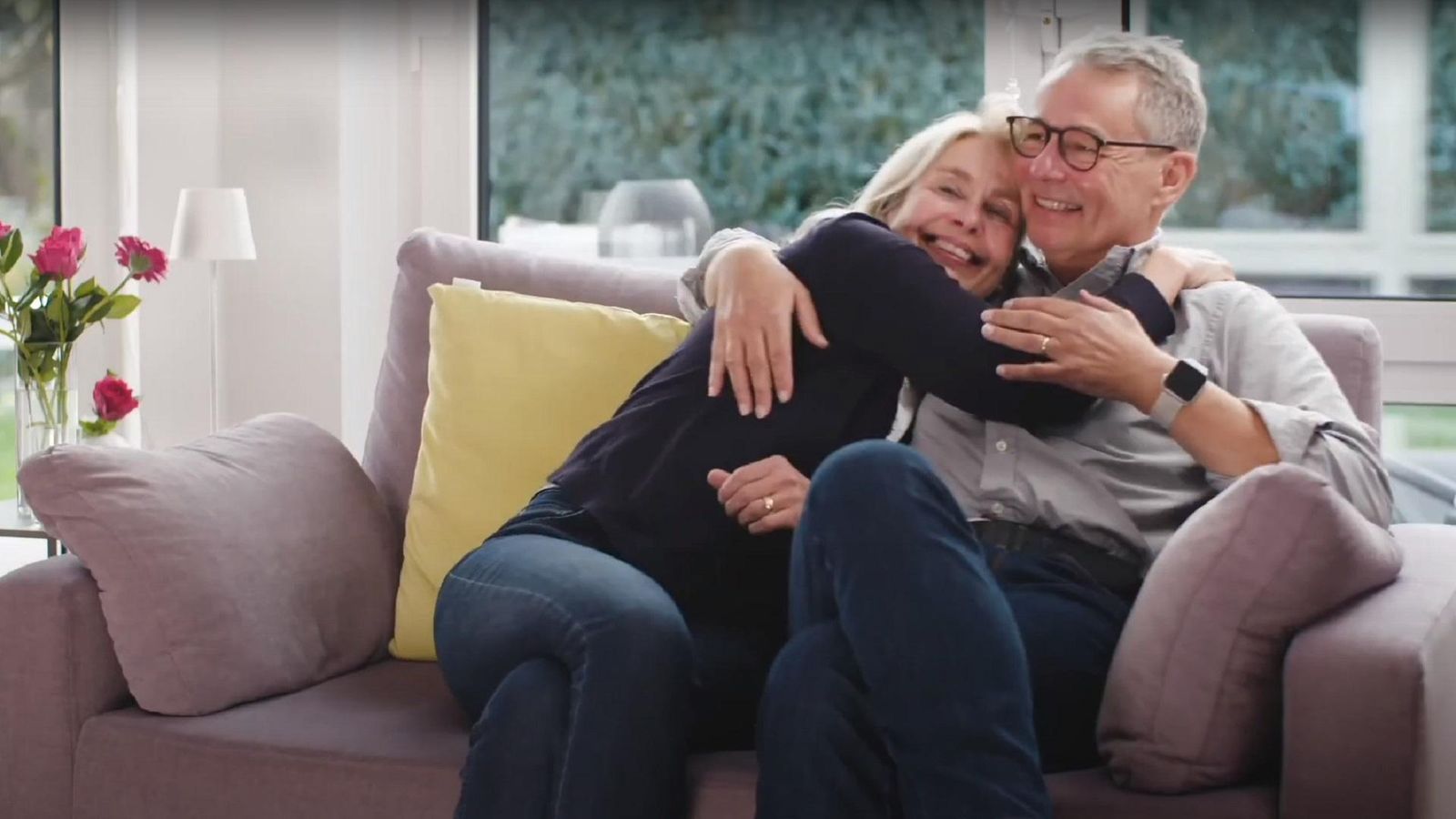
Our Oncology Focus
We’re building a differentiated oncology pipeline, focusing our research on areas of high unmet need. Because our goal is to go beyond the expected and transform the treatment of cancer.
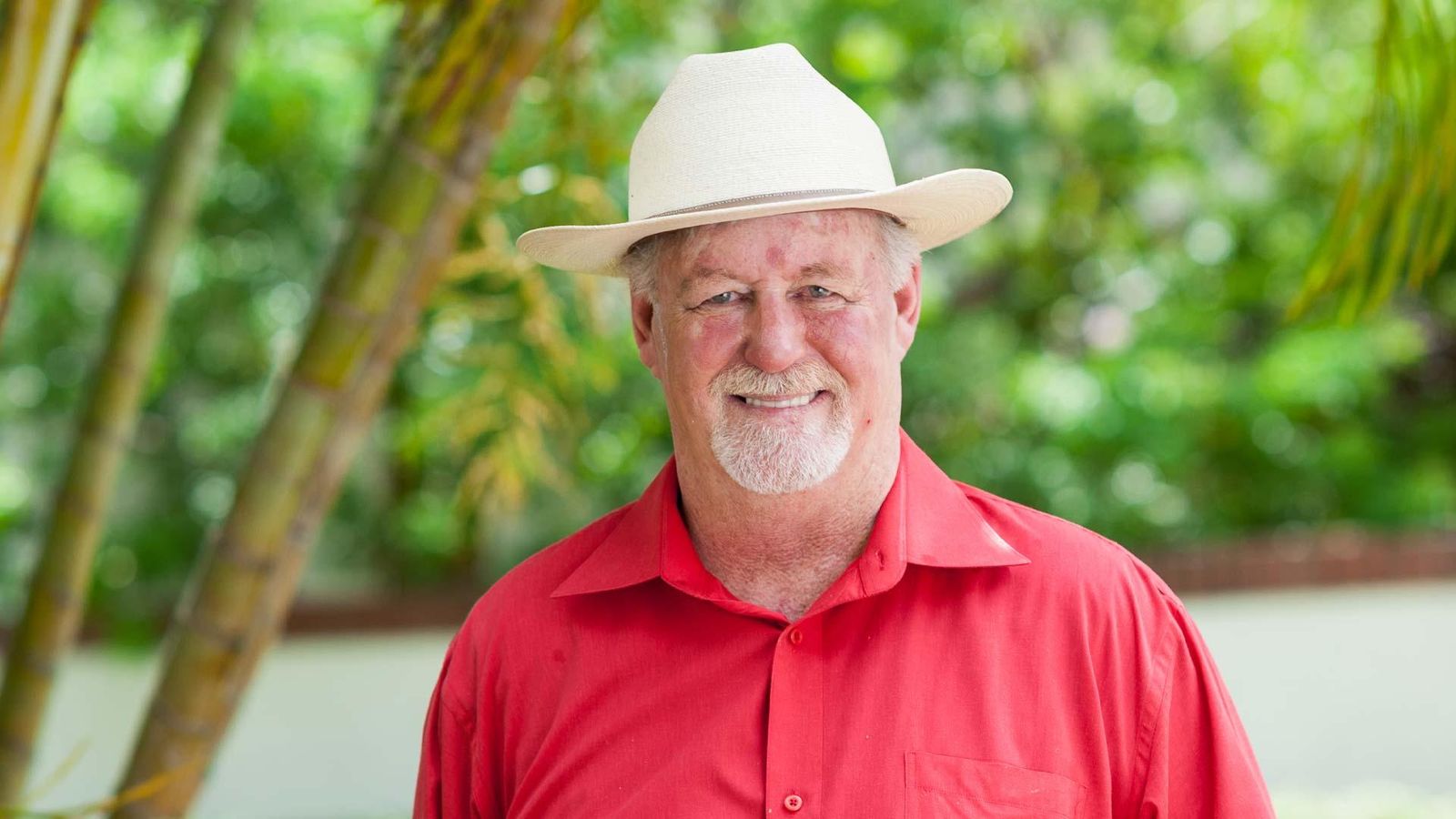
What’s Next in Oncology?
With new technologies unlocking a world of possibilities, we’re confident the investigational medicines in our pipeline will be more effective in combatting cancer and safer for patients.
Because our fight is not just against cancer. It’s for people and their quality of life.
Do You Want to Participate in a Clinical Trial at Sanofi?
Our Latest Stories
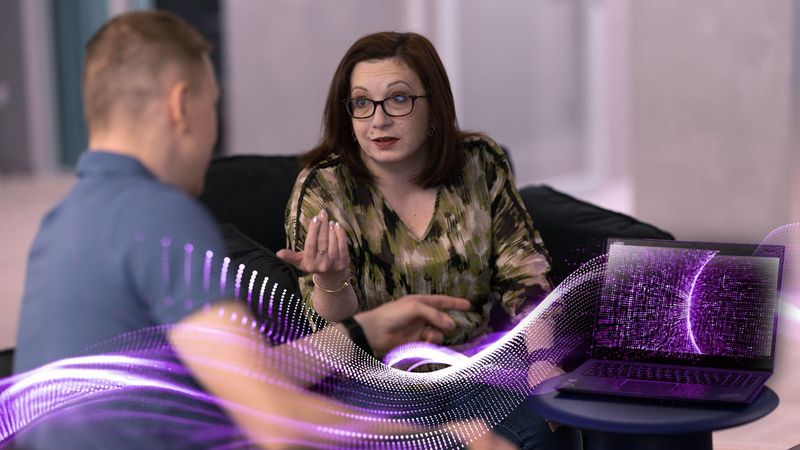
January 6, 2026
Defining a Clearer Path Forward in CIDP: Why Language Matters
References
- World Cancer Research Fund International (2021) Worldwide cancer data. Accessed October 2022.
- World Health Organization (2022) Cancer. Accessed October 2022
- European Commission (2022). EU Science Hub. European Cancer Information System: 21% increase in new cancer cases by 2040. Accessed October 2022

